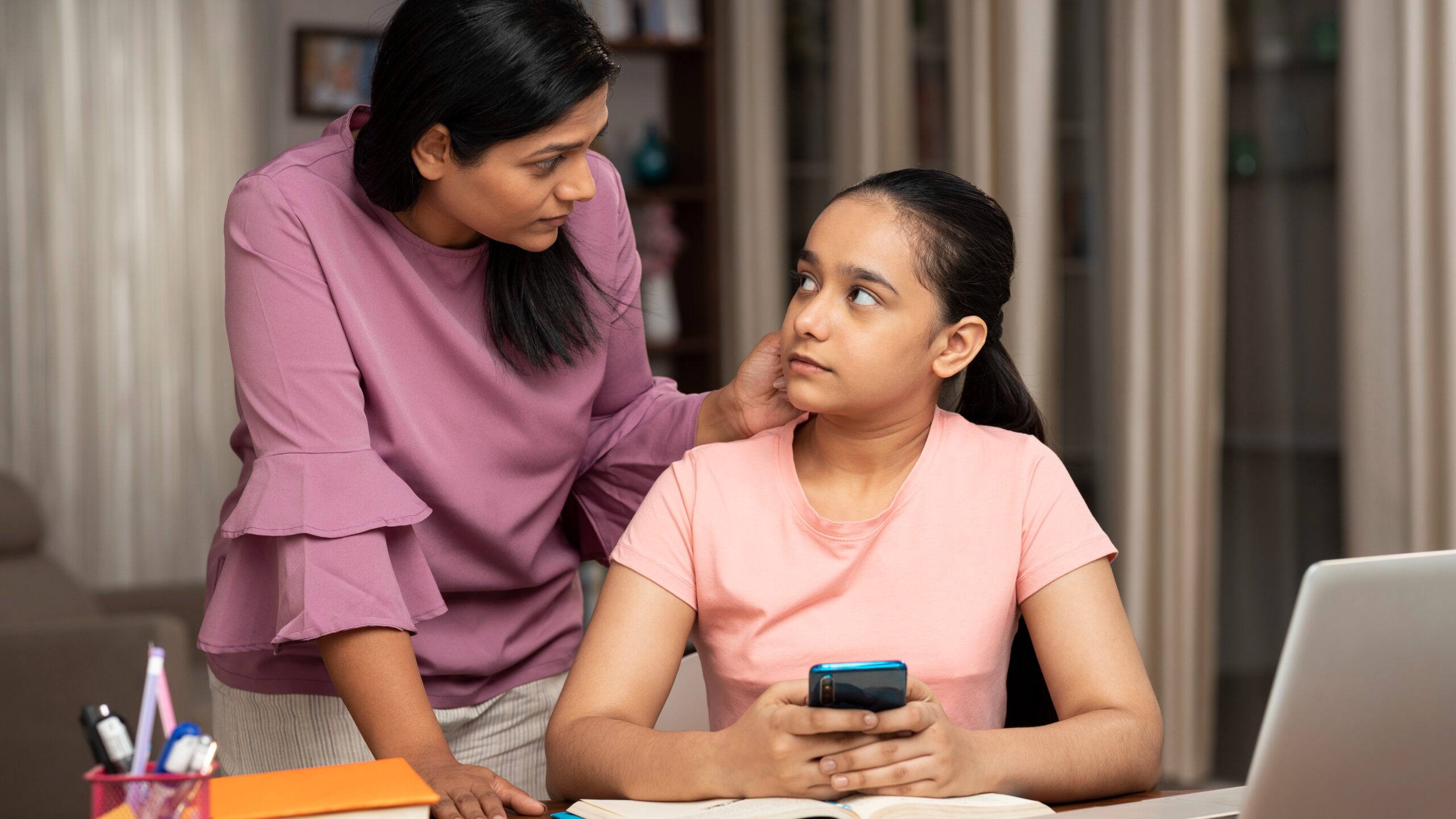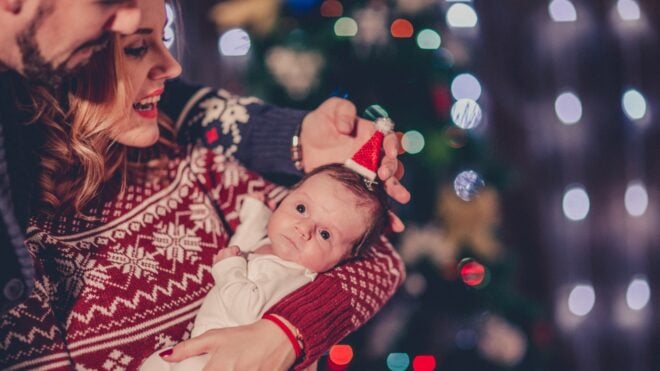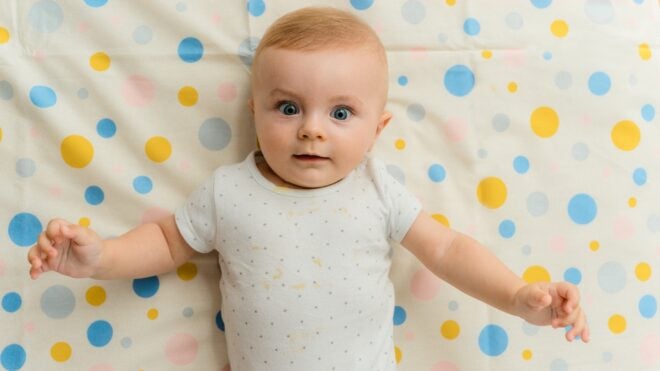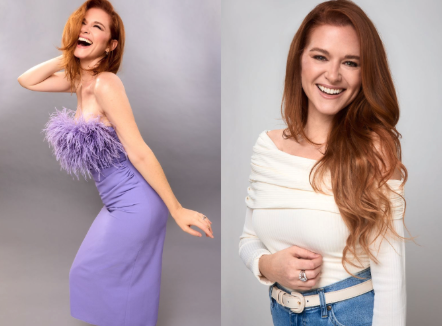
We’ve all been there. It’s a hectic school morning, and your kids have no idea you barely slept because your partner snored all night. Your coffee hasn’t done its job, you aren’t prepared for your company meeting in an hour, and you have about as much patience as Bruce Banner right before he morphs into the Hulk.
You finally pile into the car, and as you’re nearing the end of the school drop-off line, your child announces, “I forgot my shoes.” “YOU WHAT?” you say, the words spewing like fire out of a dragon’s mouth.
This isn’t a teachable moment
You can’t force your kid out of the car in two mismatched socks to navigate their school day sans sneakers. So you go full Hulk-mode and unleash a loud lecture on your child, complete with words like “disappointed” and “irresponsible.”
Of course there are other days when you may just respond calmly, saying something completely enlightened and evolved like, “That’s OK, sweetie, we all make mistakes sometimes,” before making a rapid U-turn to head back home for the shoes.
But on the days you lose it, even though your kids are looking at you with cartoon-like doe eyes and wondering what demon has taken over their mother, some of the most powerful words you can say post-incident are:
“I’m sorry”
When I became a mom, I had such high hopes for how I’d behave in any given situation. I pictured myself having endless stores of grace, patience, and composure. But motherhood is messy and stressful, and there are days I wonder if I’m even right for the role.
Parenting has been quite the winding journey for me, and I’ve had to apologize to my kids countless times along the way. And why wouldn’t I? They are the most important people in my life, so when my actions affect them negatively, I believe they deserve a heartfelt apology.
Moms and dads are constantly cajoling their kids to apologize, even for minor incidents
We’ll say things like, “Tell Bobby you’re sorry for taking his toy,” to a young toddler who’s still learning how to share, or we’ll try to end sibling rivalry by making brothers and sisters say “sorry” to each other, even when we don’t know the whole story.
But when it comes to saying the words, “I’m sorry,” to our kids when we mess up royally, some parents simply don’t want to. Many parents from my generation never heard their parents apologize for anything, so this seems like a strange and foreign concept.
Throughout all the twists, turns, and pitfalls of family life, the efforts made to repair wrongdoing can make more of a lasting impact than the damage that’s been done.
Apologizing to my kids teaches them resilience and that there is strength in vulnerability
Brené Brown, esteemed researcher and author of multiple books including The Power of Vulnerability, offers, “Vulnerability is the birthplace of love, belonging, joy, courage, empathy, and creativity. It is the source of hope, empathy, accountability, and authenticity.”
I believe being vulnerable enough to say the words “I’m sorry” to my kids will heal and restore our relationship, and put them on the path to being more insightful people.
Brown also advises, “Staying vulnerable is a risk we have to take if we want to experience connection.” I’m willing to take that risk time and time again for the sake of connecting with my kids.
More than all the philosophies about apologizing, the only information I need is contained in the hug I share with my kids after a well-timed apology. They melt into my arms, and it feels like I’m carrying the entirety of their body weight — or perhaps I’m taking back the burden I placed on them.
Some apologies you offer your kids are easier than others
“Sorry I was late picking you up from school,” or “I’m sorry I forgot to bake brownies for your team’s bake sale.” But it’s the more challenging situations with even higher stakes that would benefit the most from an apology.
“I’m sorry I lost my temper and got angry with you. I’ll try harder to stay calm.” Or, “I’m sorry I got the details wrong and punished you, you didn’t deserve that.”
I don’t worry about how apologizing might affect our parent-child dynamic or if it might tip the scales and result in a power shift. I want my kids to know that we are all human, we all make mistakes, and we should all be held to the same set of standards when it comes to apologizing for our wrongdoings.
I’m thrilled that recent films including Encanto and Turning Red feature members of an older generation apologizing to their modern-day grandchild or child.
In Encanto, Abuela Alma tells Mirabel, “I’m so sorry. You’ve never hurt our family, Mirabel. We are broken because of me.”
In Turning Red, Ming apologizes to Mei by saying, “I see you, Mei Mei, you try to make everyone happy, but you are so hard on yourself, and if I taught you that, I’m sorry.”
Both of these apologies are so restorative to the children hearing them
You can see the immediate relief on their sweet faces, as the sadness lifts from their being.
There may still be times when I act more like Hulk than Mary Poppins, and I’m not saying just because you apologize, it excuses an endless barrage of poor behavior or cures every problem. The goal should of course be not having to say you’re sorry to your kids in the first place.
But when an apology is warranted, I won’t ever hesitate to say those two potent words.




